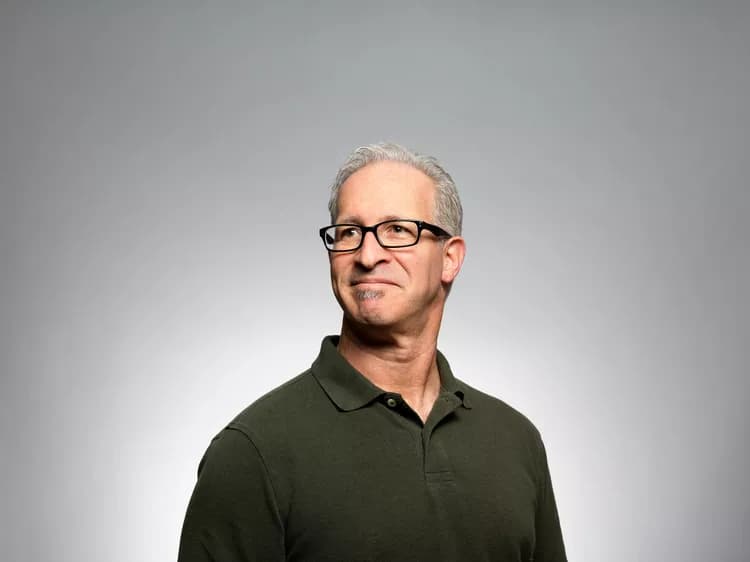
Treatments For Prostate Cancer: Active Monitoring As Effective As Surgery Over 10 Years
Active monitoring is as effective as surgery and radiotherapy, in terms of survival at 10 years, reports the largest study of its kind, funded by the National Institute for Health Research (NIHR).
Results published in New England Journal of Medicine show that all three treatments result in similar, and very low, rates of death from prostate cancer. Surgery and radiotherapy reduce the risk of cancer progression over time compared with active monitoring, but cause more unpleasant side-effects.
The ProtecT trial, led by researchers at the Universities of Oxford and Bristol in nine UK centres, is the first trial to evaluate the effectiveness, cost-effectiveness and acceptability of three major treatment options: active monitoring, surgery (radical prostatectomy) and radiotherapy for men with localised prostate cancer.
Chief investigator Professor Freddie Hamdy from the University of Oxford, said: 'What we have learnt from this study so far is that prostate cancer detected by PSA blood test grows very slowly, and very few men die of it when followed up over a period of 10 years, -- around 1% -- irrespective of the treatment assigned. This is considerably lower than anticipated when we started the study.
'However, treating the disease radically, when found, reduces the number of men who develop spread of prostate cancer, but we do not know yet whether this will make a difference to them living longer or better, and we have been unable to determine reliably which disease is lethal, and which can be left alone.'
Between 1999 and 2009, 82,429 men aged 50-69 across the UK were tested and 1,643 diagnosed with localised prostate cancer agreed to be randomised to active monitoring (545), radical prostatectomy (553) or radical radiotherapy (545). The research team measured mortality rates at 10 years, cancer progression and spread, and the impact of treatments reported by men.
The research team found that survival from localised prostate cancer was extremely high, at approximately 99%, irrespective of the treatment assigned.
The rate of cancer progression and spread was reduced by more than half in men in the surgery and radiotherapy groups, compared with active monitoring; cancer progression occurred in one in five in the active monitoring group, as opposed to less than one in 10 in the surgery and radiotherapy groups. However, surgery and radiotherapy caused unpleasant side-effects, particularly in the first year after treatment.
There was some recovery from side-effects over two to three years. But after six years, twice as many men in the surgery group still experienced urine leakage and problems with their sex life, in comparison with those in the active monitoring and radiotherapy groups. Radiotherapy caused more bowel problems than surgery or active monitoring.
Overall quality of life, including anxiety and depression, were not affected by any treatment at any time. Half of the men stayed on active monitoring over the 10-year period and avoided treatment side effects.
'This is the first time radiotherapy, surgery and active monitoring treatments for prostate cancer have been compared directly. The results provide patients and clinicians with detailed information about the effects and impacts of each treatment so that they can make an informed decision about which treatment to have,' said co-investigator Professor Jenny Donovan, from the University of Bristol. 'Each treatment has different impacts and effects, and we need longer follow up to see how those balance out over the next 10 years.'
Professor David Neal, a co-investigator from the University of Oxford, said: 'Interestingly, we saw that disease spread was reduced by half in men who were assigned to radical treatment, but no difference in survival outcomes with either surgery or radiotherapy, and no progression of the disease in three quarters of the men in the active monitoring treatment group, over the 10 years. We need to continue to study these men to find out whether prevention of cancer progression by surgery or radiotherapy leads to better cancer control and survival in the longer term.'
Professor Freddie Hamdy added: 'Longer follow-up is now required to determine the 'trade-off' that patients need to make between cancer outcomes and quality of life, and further research to understand how we can distinguish lethal from non-lethal disease.
'It is important that this research was conducted and that wouldn't be possible without the NIHR and its infrastructure enabling large scale randomised clinical trials to be carried out across the NHS.'
The findings of the study will play a key part in the decision to screen for prostate cancer, and are being used as part of a study investigating the effectiveness and cost-effectiveness of prostate-specific antigen (PSA) testing for screening for prostate cancer, the CAP study.
Anne Mackie, Director at Public Health England Screening said: 'The National Screening Committee has been following the ProtecT trial closely. The results of this study will provide men and their doctors with key information needed to manage localised prostate cancer.'
Related Articles
Test Your Knowledge
Asked by users
Related Centers
Related Specialties
Related Physicians
Related Procedures
Related Resources
Join DoveHubs
and connect with fellow professionals

0 Comments
Please log in to post a comment.